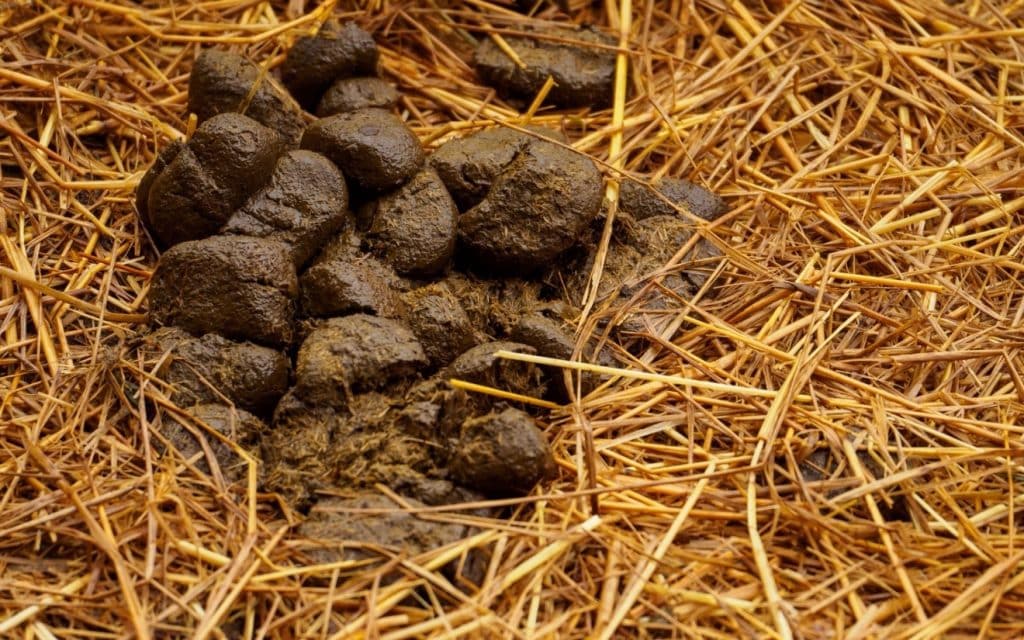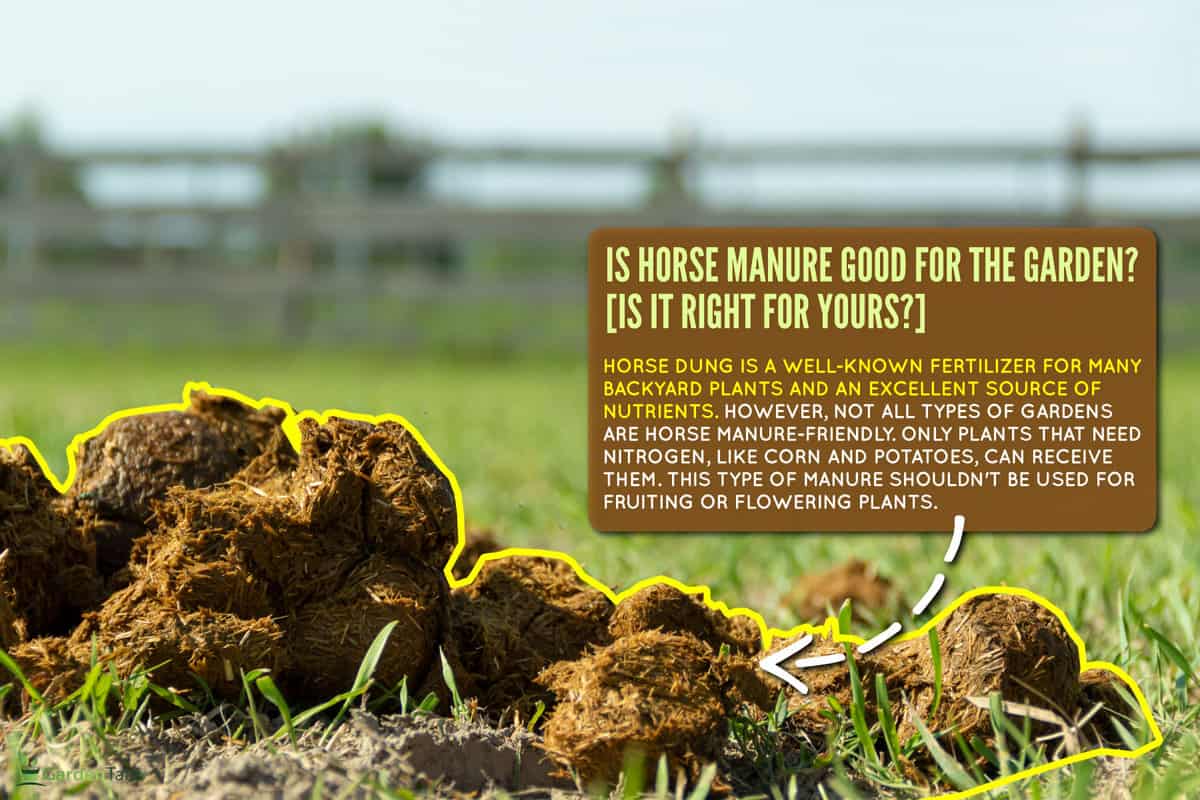Natural Fertilizers for Thriving Vegetable Gardens
The Surprising Benefits of Horse Manure Compost
When it comes to cultivating a thriving vegetable garden, many gardeners overlook a valuable resource that’s readily available and environmentally friendly: horse manure. The question of whether horse manure is good for vegetable gardens is often met with skepticism, but the truth is that horse manure compost can be a game-changer for soil health and plant growth. Rich in nutrients like nitrogen, phosphorus, and potassium, horse manure compost provides a slow release of essential minerals that promote healthy plant development. Moreover, using horse manure compost reduces the need for synthetic fertilizers, which can harm the environment and contaminate waterways. By embracing this natural and sustainable approach to gardening, gardeners can create a more resilient and productive vegetable garden that benefits both the environment and their plate.
How to Create a Rich Compost from Horse Manure
Creating a high-quality compost from horse manure requires some effort, but the payoff is well worth it. To get started, collect horse manure from a local stable or farm, making sure to wear gloves and wash your hands thoroughly afterwards. Next, mix the manure with other compost materials like leaves, grass clippings, or vegetable scraps in a 2:1 ratio. Add some water to the mixture to achieve a consistency like a damp sponge. Then, aerate the pile by turning it every few days to introduce oxygen and speed up decomposition. Monitor the temperature of the pile, which should reach 130-140°F (54-60°C) within a few days, indicating that the composting process is underway. After 2-3 months, the compost should be ready to use, with a rich, earthy aroma and a dark, crumbly texture. By following these simple steps, gardeners can create a nutrient-rich compost that will help their vegetable gardens thrive.
The Science Behind Horse Manure’s Nutrient-Rich Profile
Horse manure is a nutrient-rich natural fertilizer that provides essential elements for healthy plant growth. Chemically, horse manure is composed of approximately 1.5% nitrogen, 1.2% phosphorus, and 2.5% potassium, making it an excellent source of these macronutrients. Additionally, horse manure contains micronutrients like calcium, magnesium, and sulfur, which are vital for plant development. When added to soil, horse manure compost releases these nutrients slowly, providing a steady supply of nourishment to plants. This slow release of nutrients also helps to improve soil structure, increase water retention, and support beneficial microbial activity. As a result, horse manure compost is particularly beneficial for vegetable gardens, where plants require a consistent supply of nutrients to produce abundant and healthy crops. By understanding the chemical composition of horse manure, gardeners can appreciate the value of this natural fertilizer and harness its potential to create a thriving and sustainable garden.
Comparing Horse Manure to Other Natural Fertilizers
While horse manure compost is an excellent natural fertilizer for vegetable gardens, it’s essential to consider its benefits and drawbacks compared to other natural fertilizers. Cow manure, for instance, has a similar nutrient profile to horse manure, but it may be more readily available in some areas. Chicken manure, on the other hand, is higher in nitrogen and phosphorus, making it ideal for plants that require a lot of energy, like tomatoes and peppers. Worm castings, also known as vermicompost, are rich in micronutrients and have a more neutral pH, making them suitable for sensitive plants. When deciding which natural fertilizer to use, gardeners should consider factors like availability, cost, and the specific needs of their plants. For example, is horse manure good for vegetable gardens? Absolutely, but it may not be the best choice for every situation. By understanding the strengths and weaknesses of each natural fertilizer, gardeners can make informed decisions and choose the best option for their garden.
Using Horse Manure Compost in Vegetable Garden Beds
When it comes to incorporating horse manure compost into vegetable garden beds, proper preparation and application are crucial for optimal results. Before applying the compost, it’s essential to prepare the soil by loosening it to a depth of 8-10 inches and removing any debris or weeds. Next, mix 2-4 inches of horse manure compost into the top 6-8 inches of soil, taking care to avoid over-application, which can lead to an overabundance of nutrients. The ideal time to apply horse manure compost is in the spring or fall, when the soil is cooler and more receptive to nutrient uptake. For example, is horse manure good for vegetable gardens? Absolutely, and by following these guidelines, gardeners can unlock its full potential and enjoy a bountiful harvest. Additionally, horse manure compost can be used as a side dressing or top dressing to provide an extra boost of nutrients to plants during the growing season. By incorporating horse manure compost into their gardening routine, gardeners can create a thriving and sustainable vegetable garden that will continue to produce healthy and abundant crops for years to come.
Common Misconceptions About Horse Manure in Gardening
Despite its numerous benefits, horse manure compost is often misunderstood, leading to misconceptions that can deter gardeners from using this valuable resource. One common concern is the risk of pathogens, such as E. coli, being present in horse manure. However, when composted properly, horse manure is heated to a temperature that kills off these pathogens, making it safe for use in vegetable gardens. Another misconception is that horse manure contains weed seeds, which can lead to unwanted weeds in the garden. While it’s true that horse manure may contain weed seeds, these seeds are typically destroyed during the composting process. Additionally, some gardeners may be put off by the strong odor associated with horse manure. However, when composted correctly, the odor is significantly reduced, and the resulting compost has a rich, earthy aroma. By understanding the facts behind these misconceptions, gardeners can confidently use horse manure compost to improve soil health and increase crop yields. After all, is horse manure good for vegetable gardens? Absolutely, and by dispelling these common misconceptions, gardeners can unlock its full potential.
Real-Life Examples of Horse Manure’s Impact on Vegetable Gardens
In a study conducted by the University of California, gardeners who used horse manure compost in their vegetable gardens saw a significant increase in crop yields and soil health. The study found that the compost improved soil structure, increased the water-holding capacity of the soil, and provided essential nutrients for healthy plant growth. For example, one gardener in the study reported a 30% increase in tomato production after incorporating horse manure compost into her garden bed. Another gardener saw a significant improvement in soil health, with a 25% increase in soil organic matter after just one season of using horse manure compost. These real-life examples demonstrate the positive impact that horse manure compost can have on vegetable gardens, and highlight the benefits of using this natural fertilizer. Is horse manure good for vegetable gardens? The evidence suggests that it is, and by following the tips and guidelines outlined in this article, gardeners can achieve similar results and enjoy a thriving and sustainable garden.
Conclusion: Unlocking the Full Potential of Horse Manure Compost
In conclusion, horse manure compost is a natural, nutrient-rich fertilizer that can greatly benefit vegetable gardens. By understanding the benefits and advantages of using horse manure compost, gardeners can unlock its full potential and reap the rewards of a thriving and sustainable garden. Is horse manure good for vegetable gardens? The answer is a resounding yes. With its ability to improve soil health, increase crop yields, and reduce the need for synthetic fertilizers, horse manure compost is a valuable resource that should not be overlooked. By following the tips and guidelines outlined in this article, gardeners can confidently use horse manure compost to create a fertile and productive garden that will thrive for years to come. So why not give it a try? With horse manure compost, the possibilities are endless, and the benefits are undeniable.








